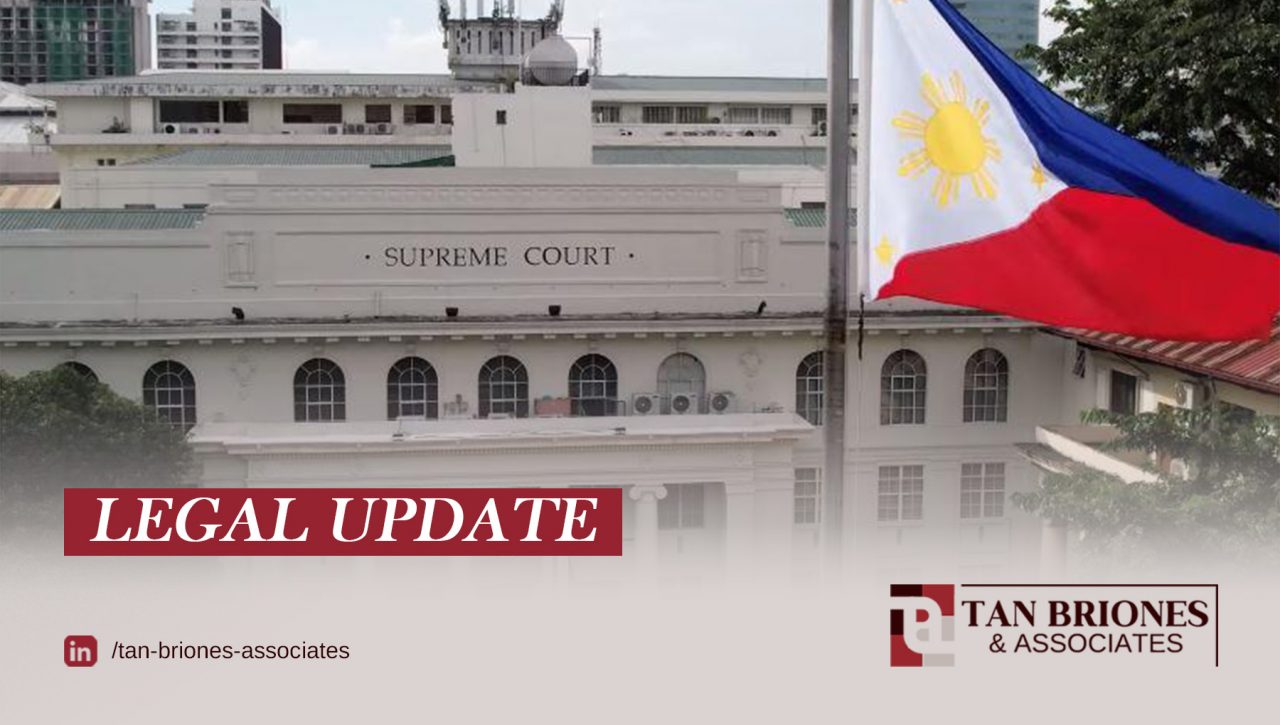
The Supreme Court (SC) upheld the conviction and life sentence of a man who deceived three minors into forced labor, stressing that even indirect involvement in child trafficking constitutes criminal liability.
In a decision written by Associate Justice Mario V. Lopez, the SC Second Division ruled that Joemarie Ubanon y Man-an’s recruitment and transport of the minors—despite his claim that he was merely offering help—demonstrated his full participation in a trafficking scheme with co-accused Amirah Macadatar, whose case remains archived pending her arrest.
“Accused-appellant actively recruited the victims to facilitate their transport to Marawi City. While there is no direct evidence of previous agreements between him and Amirah, the chain of circumstances leads to no other conclusion than that accused-appellant and Amirah conspired to ultimately subject the minor victims to forced labor,” the decision read.
FACTS AND ISSUE
The case stemmed from an incident in April 2014, when Ubanon approached three teenage girls in Bukidnon and offered them jobs as onion peelers with a promised monthly wage of ₱2,500.
Instead of allowing them to obtain parental consent, he instructed one of the girls’ siblings to inform their parents and brought the minors to the home of Amirah’s daughter. From there, they were transported to Marawi City, where they were deployed to different households as unpaid domestic workers.
During the trial, the prosecution presented the victims’ testimonies and birth certificates, establishing their minor age and detailing the events that led to their exploitation. Ubanon denied the accusations, claiming he merely referred the girls to Amirah to help them find work and had no knowledge of what happened afterward.
In 2021, the Regional Trial Court found Ubanon guilty of qualified trafficking in persons, sentencing him to life imprisonment and ordering him to pay a fine of PHP 2 million, along with PHP 200,000 in moral damages and PHP 100,000 in exemplary damages to each of the three victims, with interest at 6% per annum until fully paid.
The Court of Appeals affirmed the conviction in 2023, with a minor modification deleting the phrase “without eligibility for parole.”
The key issue before the SC was whether Ubanon could be held criminally liable for qualified trafficking despite his claim that he neither directly transported the minors nor participated in their eventual exploitation.
RULING
The SC denied the appeal and affirmed Ubanon’s conviction, holding that his recruitment of the minors under false pretenses and coordination with Amirah established his criminal liability, despite his claim of non-involvement.
The Court found that Ubanon’s actions—offering employment, preventing the minors from seeking parental consent, and directing their transport—demonstrated a clear pattern of deception and exploitation, fulfilling all elements of trafficking under Republic Act No. 9208, as amended.
It emphasized that conspiracy need not be proven by direct evidence, as coordinated acts before and after the crime sufficiently establish a shared intent to exploit the victims.
“Conspiracy is deemed to arise when two or more persons come to an agreement concerning the commission of a felony and decide to commit it. Conspiracy need not be proven by direct evidence of prior agreement to commit the crime. In criminal law, where the quantum of evidence required is proof beyond reasonable doubt, direct proof is not essential to show conspiracy — it may be deduced from the mode, method. and manner by which the offense was perpetrated, or inferred from the acts of the accused themselves when such acts point to a joint purpose and design, concerted action, and community of interest,” an excerpt cited by the Court in its decision in Aquino v. Paiste.
While modifying the earlier rulings, the SC maintained the penalty of life imprisonment and a ₱2 million fine, but increased moral damages to ₱500,000 and exemplary damages to ₱100,000 for each of the three victims, with 6% interest per annum from finality of judgment until full payment.
Follow Tan Briones & Associates on LinkedIn for more legal updates and law-related articles.







